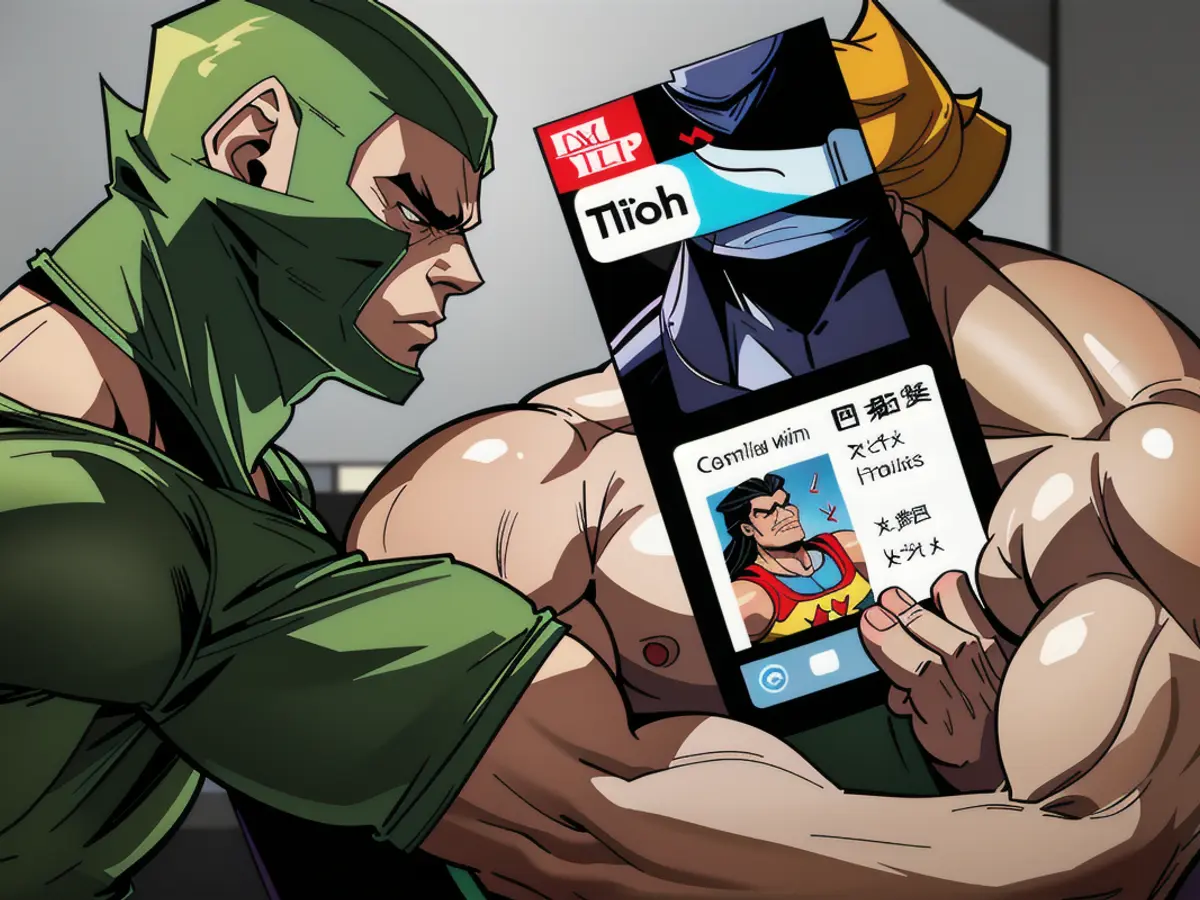TikTok removes polarizing "plump" filter from platform.
TikTok's "chubby filter," a controversial AI tool that alters users' appearance to seem heavier, has sparked a furious backlash from users and health professionals alike. The filter's pattern is predictable – it starts with an unaltered photo of the user, usually slim, before the "chubby filter" distorts the user's physique, all while the song "Anxiety" by Doechii simmered in the background.
As more videos featuring the filter flooded the platform, concerns about an intrinsic body-shaming message grew louder. Users voiced their disapproval – "this trend is mean girl coded," wrote one user, garnering over 5,000 likes. sadeibass16, a TikToker, expressed her concerns in a video, stating, "Imagine you're just trying to exist on this app, and you see thousands of people using an AI filter to have a body that looks like your body, shaming it, and all the comments being like 'ugh, imagine.'"
This filter attracted criticism not only from users but also from Luna, a health and wellbeing app for teens, for promoting "body shaming and unhealthy beauty standards." TikTok initially defended the filter but later withdrew it following the backlash. The company claimed it had removed the filter from its app and was reviewing videos using the filter, making them ineligible for recommendations and blocking them from teen accounts.
The controversy surrounding the "chubby filter" isn't a one-off incident. TikTok's beauty filters have been widely criticized for eroding users' self-esteem, promoting unrealistic beauty standards, and reinforcing negatively stereotyped associations between beauty and thinness. A TikToker named SaffsStuff calls the filter "part of this bigger problem of diet culture and heroin chic becoming a proper, proper trend on social media at the moment."
The repercussions of the continued use of filters like these could be severe. A small study in 2019 linked the use of social media filters with higher acceptance of cosmetic surgery, while researchers from Harvard Business Review found in 2021 that people with high confidence in their looks might be even more unsettled by seeing "improvements" to their faces than those who already had insecurities.
In response to growing concerns, TikTok announced in November 2020 that children under 18 would no longer have access to beauty filters following a report investigating the impact of these effects on young people. The removal of the "chubby filter" is a step in the right direction, but the ongoing presence of similar filters on social media demands a broader societal and platform response to advocate for inclusivity and healthy body image standards.
In conclusion, the "chubby filter" highlights the potential harm that body-shaming filters can inflict on users' self-esteem and the urgent need for platforms to reevaluate their approach to beauty standards. The removal of this filter is a symptomatic response, but a more inclusive and healthy focus on body image is crucial to create a positive and supportive environment for users, particularly younger audiences.
- Despite TikTok's initial defense of the "chubby filter," a controversial AI tool, its removal from the platform demonstrates that unhealthy beauty standards and body-shaming messages can elicit strong backlash and necessitate reevaluation.
- The AI-driven "chubby filter" may unintentionally reinforce the idea that only certain styles and bodies are beautiful, as its usage promotes a supposed ideal that could deepen users' insecurities and bolster diet culture.
- The ongoing presence of beauty filters on social media platforms poses a significant risk for younger audiences, as growing evidence suggests these filters can increase the acceptance of cosmetic surgery and exacerbate body image issues, particularly among those with pre-existing insecurities.








